Patent Attorney Review of Correct Craft IP Holdings, LLC v. Trick Towers, LLC
South Florida Patent Attorneys keep busy with the steady stream of innovation coming from the marine industry. In Correct Craft Holdings v. Trick Towers[fusion_builder_container hundred_percent=”yes” overflow=”visible”][fusion_builder_row][fusion_builder_column type=”1_1″ background_position=”left top” background_color=”” border_size=”” border_color=”” border_style=”solid” spacing=”yes” background_image=”” background_repeat=”no-repeat” padding=”” margin_top=”0px” margin_bottom=”0px” class=”” id=”” animation_type=”” animation_speed=”0.3″ animation_direction=”left” hide_on_mobile=”no” center_content=”no” min_height=”none”][1], the patent attorney for the plaintiff filed a complaint alleging that the Defendant had sold or offered for sale a water sport tower contained in the Plaintiff’s patent. It is not uncommon, however, for the Defendant who was served with the complaint for patent infringement to simply ignore the court filing. When this happens, the plaintiff’s patent attorney will move the court for a default judgment.
In order for the patent attorney to move for a default judgment, proper service must have been effected. The patent attorney can proper serve the defendant by “delivering a copy of the summons and the complaint to a corporate officer, managing or general agent, or other agent . . . .”[2]
In the instant case, the Plaintiff’s patent attorney properly served the defendant’s registered agent, Wes Ward. Accordingly, the defendant had twenty-one days to respond, as defined by Rule 12(a)(1). However, Trick Towers did not respond to the complaint. Accordingly, when the plaintiff’s patent attorney requested default judgment, the court looked to the pleadings to determine whether there were sufficient facts to support the relief sought. Because the Plaintiff, via the patent attorney, alleged that Defendant sold devices that infringe on the patents, the Court found sufficient basis to conclude that Defendant infringed upon the patents alleged in the complaint.
Marking Patented Articles
One important take away from this case is the marking statute. As every patent attorney will advise, it is important to mark your products in order to recover damages because the federal statute provides that “[i]n the event of failure so to mark [patented articles], no damages shall be recovered by the patentee in any action for infringement, except on proof that the infringer was notified of the infringement and continued to infringe thereafter, in which event damages may be recovered only for infringement occurring after such notice.”[3]
In the this case, Plaintiff failed to mark its products with patent numbers, but instead proved notice approximately three years earlier. But even if it had, Plaintiff bears the burden of providing that the articles were marked in accordance with the statute.
It is not simply enough, however, that Defendant had notice of the patents. Instead, Defendant must have been placed on notice of the infringement. Because Plaintiff did not do so, Defendant is only liable for damages that stemmed from the date upon which Defendant was first served.
Calculation of Patent Damages
As can be seen in this case, failing to hire a patent attorney to answer the complaint can be devastating. First, Plaintiff’s patent attorney introduced evidence of what it claims was a reasonable eight percent royalty to compensate for the infringement. Nobody will ever know whether eight percent was high the instant circumstances, but defendant stood a shot at lowering the royalty had it hired patent counsel of its own.
But it was worse for defendant because there was no evidence that the infringement was anything other than willful. Accordingly, Plaintiff’s patent attorney was able to obtain treble damages, i.e. three times the reasonably royalty.
Injunctive Relief
It is important for due process purposes for the court to: (1) State the reasons why the injunction issued; (2) State the injunctions terms with specificity; and (3) Describe in reasonable detail the act or acts restrained, without referring to the complaint or other documents. For this reason, a patent attorney must carefully craft the requested injunction. Otherwise, as was the case here, the court will issue the injunction. For example, in the instant case, the patent attorney attempted to enjoin “any substantially similar towers that infringe.” However, patent attorneys regularly instruct clients on how to design around existing patents. It is under this theory coupled with due process that prevents a catch all phrase for enjoining patent infringement.
Patent Attorney
If you have any questions, contact a patent attorney with Tucker IP today. With an office conveniently located in Fort Lauderdale, Tucker IP services clients throughout South Florida, including West Palm Beach, Broward, Fort Lauderdale, and Miami-Dade. Call the Firm toll-free at 1-844-4-TUCKER or or send us an email through the Firm’s website. A firm attorney will contact you for a free consultation.
* The general information provided does not constitute legal advice and should not be used as a substitute for obtaining legal advice from an attorney. Legal cases are in fact that of persons named in the lawsuit and the mention of an attorney herein generally represent that of the client itself.
[/fusion_builder_column][/fusion_builder_row][/fusion_builder_container]



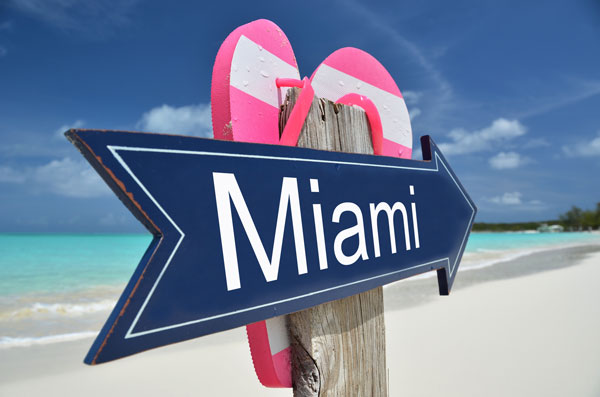
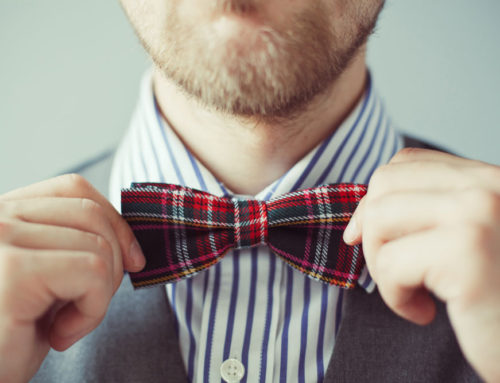
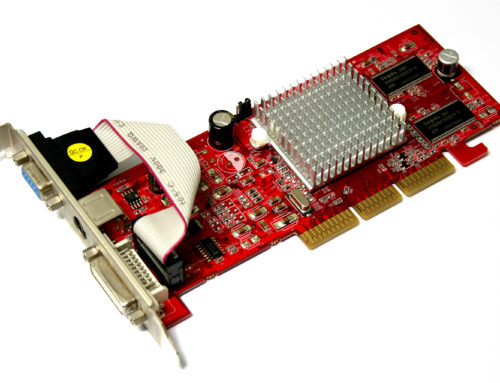
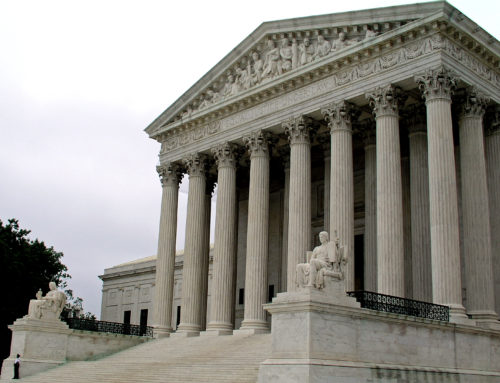

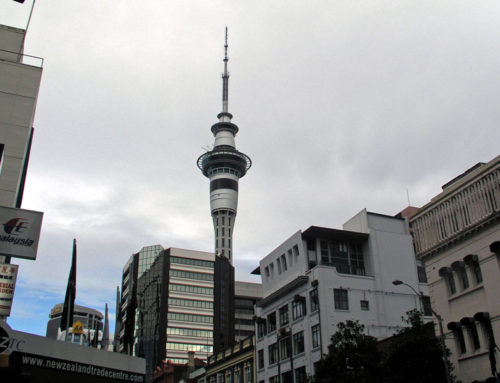
Recent Comments